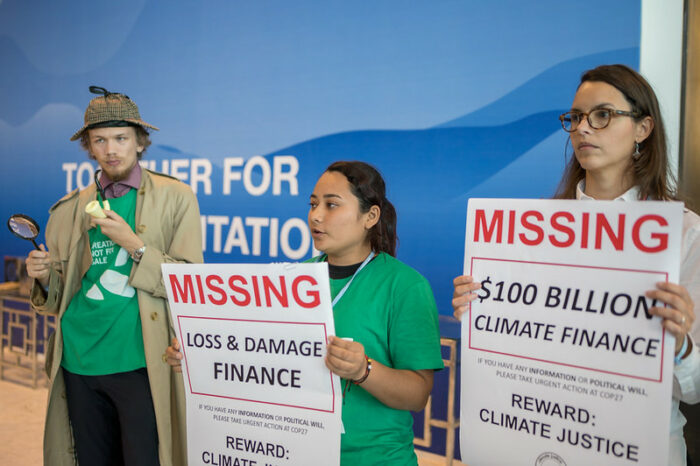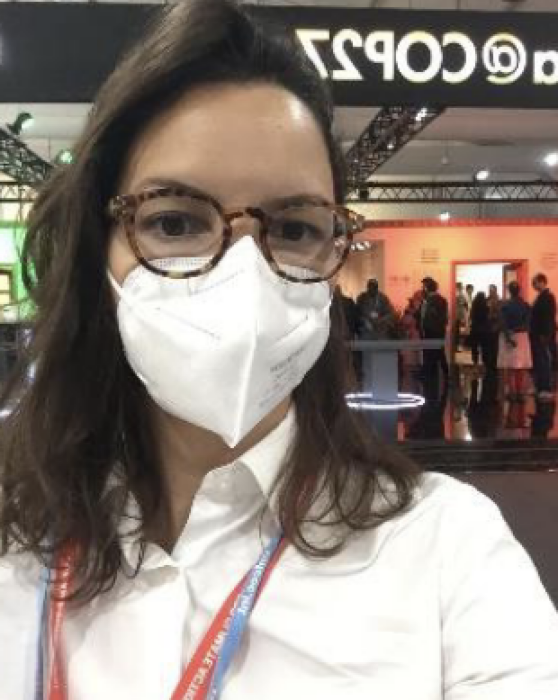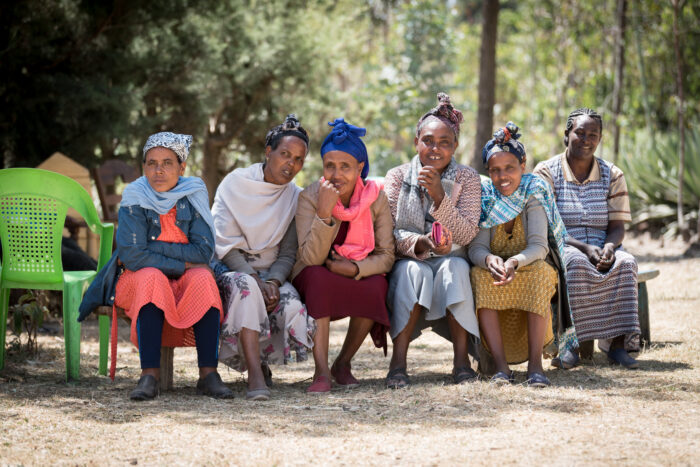All around the world, people are marching, they are chanting, advocating, demanding that world leaders do what it takes to Keep 1.5 alive. Negotiators at COP27 must heed those demands.
ACT Alliance, a global network of 147 churches and agencies doing humanitarian response, development and advocacy work in over 125 countries, is on the front lines of vulnerable communities who have done the least to cause climate change yet face the worst of its impacts.
“Even with global temperature rise at 1.2, the world is seeing more frequent and severe climate-induced disasters- droughts, storms, and more,” says Rudelmar Bueno de Faria, general secretary of ACT Alliance. “ACT members support communities in preparing for, surviving, and recovering from such events. We know the challenges. And the need of local communities.”
And the world needs action. Now. To make sure global temperature will not increase above 1.5C.
“A climate summit that gives up on 1.5 will be a failure,” says Mattias Söderberg, chair of the ACT climate justice group. “Just seven years ago in Paris, we committed to strive for 1.5. But each year we delay, we stall, we avoid, and the time horizon for urgent action shrinks each day.”
A big step towards achieving 1.5 would be to keep fossil fuels in the ground. While we desire a phase out of fossil fuels, ACT supports the reality at COP27 as some parties rally behind the idea of “phasing down all fossil fuels.” A phase down is one step closer to what is needed- phasing out fossil fuels and transitioning to renewables, but Söderberg notes,””Such a phase down will not be possible without commitments from developed countries to support developing ones to phase down fossil fuels.“
Many countries depend on income from fossil fuels, and a transition away from fossil fuels will thus have big impact on the economies.Global transformations are needed to keep 1.5 alive. Phasing down- and ideally phasing out- fossil fuels to keep 1.5 alive must be complimented by adequate finance commitments to support just transition in developing countries.
Bueno de Faria concludes, “We would like to see a COP27 outcome including commitment to the phase out of all fossil fuels. It should be accompanied by an equal commitment from developed nations to mobilise the needed finance to make it possible. This will be a big step towards keeping 1.5 alive, and meeting the needs of the most vulnerable, including women and girls, who daily face the consequences of inaction on climate change.”
XXXX
Media contact:
Simon Chambers WhatsApp: +1-416-435-0972 simon.chambers@actalliance.org
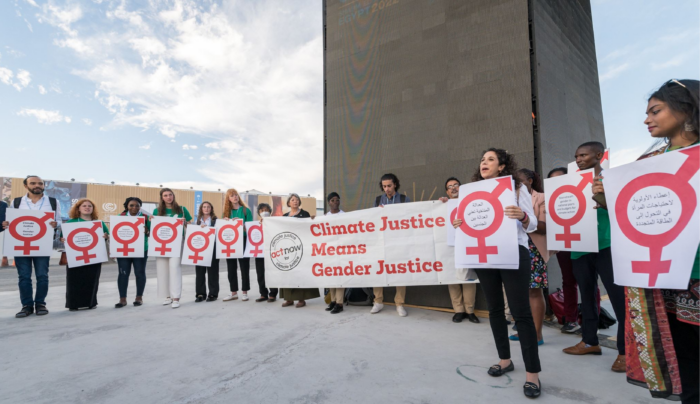
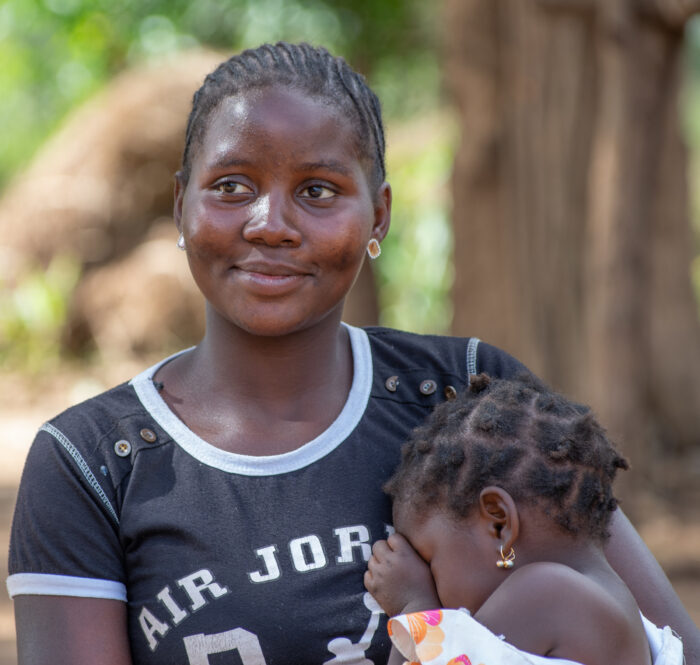
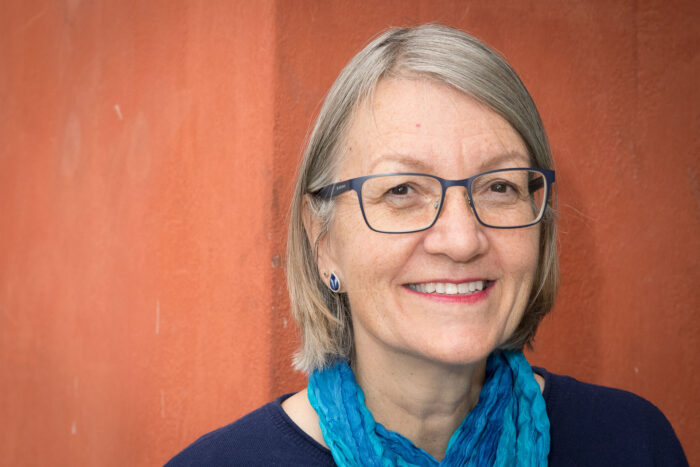
 climate change, yet their voices are still not heard. Vulnerability to climate change has added another degree of stress to countries such as mine. Vulnerable communities in Nepal have been using local knowledge and practices to adapt to changing economic, ecological, and social dynamics caused by a changing climate. Unfortunately, such local practices have had very limited attention.
climate change, yet their voices are still not heard. Vulnerability to climate change has added another degree of stress to countries such as mine. Vulnerable communities in Nepal have been using local knowledge and practices to adapt to changing economic, ecological, and social dynamics caused by a changing climate. Unfortunately, such local practices have had very limited attention. 